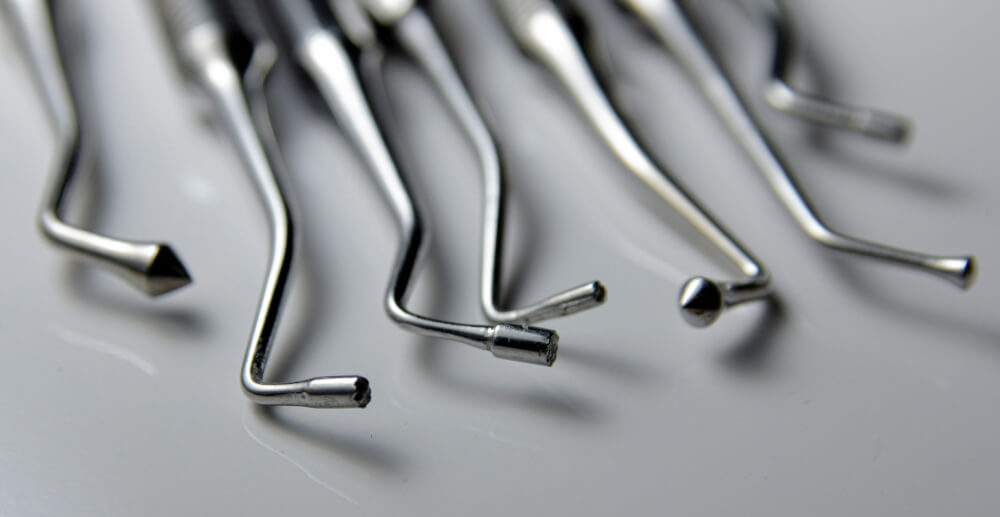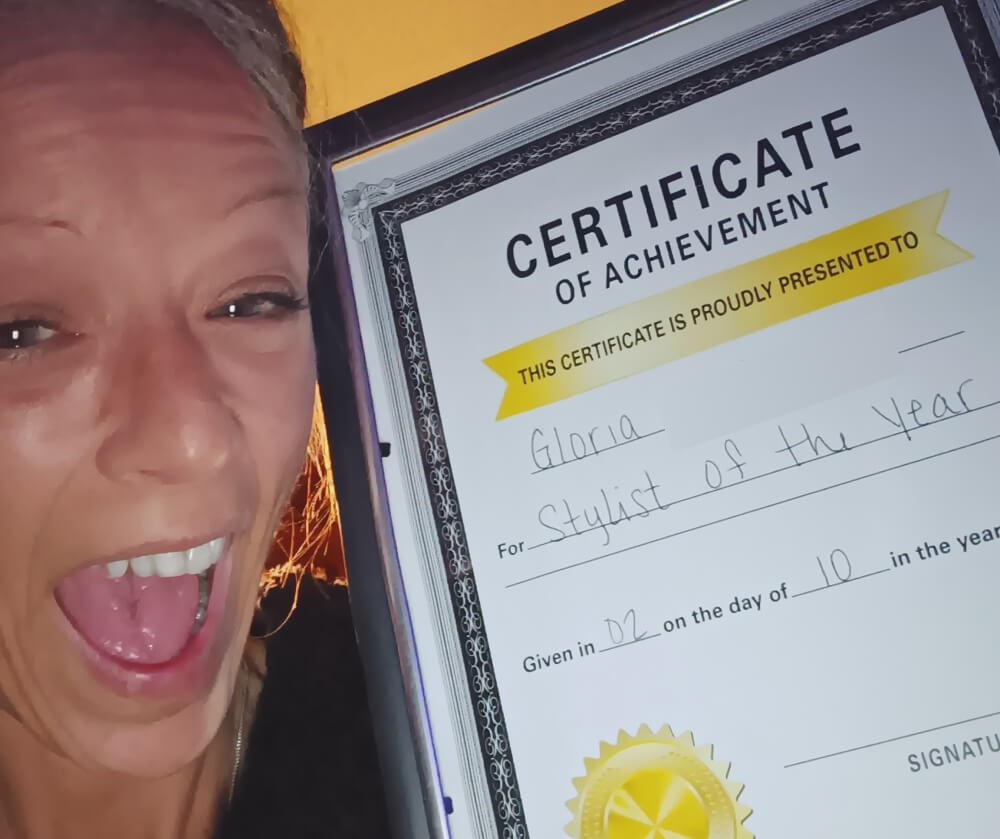Sometimes I think I’m superwoman. Well, not really. But my expectations are often so high that I would have to be superhuman to achieve them.
At the end of each day, I’m faced with the gap between my unrealistic self-expectation and actual reality. Rather than acknowledge how much I’ve achieved, I use what’s left on my to-do list as ammunition to beat myself up.
High self-expectation for people in recovery
High self-expectation can be a curse for people in recovery. While recovery is often our greatest achievement, we feel like we have to catch up for the time we lost in addiction and make it up to the people we let down. This overcompensation manifests in lots of ways:
- Saying yes to everyone instead of saying no
- Putting others’ needs before our own
- Keeping an overly busy schedule, either from fear of missing out or to avoid being at home
- Having impossibly high expectations of what you can achieve in one day
- Using stimulants like caffeine and nicotine excessively to keep going longer
Most days, I’d think I would be able to write two to three articles, interact on social media on behalf of my blog, podcast, and journalism, respond to all emails, walk 5 miles with my dog, make all meals from scratch, keep a clean house and a tidy garden, and network enough to keep my business afloat. I also challenged myself to work out three mornings a week and go to yoga twice a week. I expected that I’d have the same level of energy each day, and that each article would take the same amount of time to write.
For the first two years of running a business, I just about achieved this to-do list most days. I published more than 500 articles online. I worked most days of the week—often for 10 to 16 hours a day. This was all immediately after moving to the US and starting a new life. I had never managed a business before. Unsurprisingly, I burned out with exhaustion. I suffered from depression, anxiety, and adrenal fatigue.
While I didn’t see it at the time, the burnout was a gift. It was an invitation to pause, reflect, and rebuild with a more solid foundation. As I reflected, I came to a number of realizations:
Even though I was exercising under the guise of self-care, it wasn’t really self-care. It was self-punishment because of my self-expectation. It was one more thing to achieve, and I was using it to give me the energy to achieve more. Had I put my well-being first, I wouldn’t be expecting to cycle 50 miles a week and work out so much. I’d be listening to what my body was telling me: it was tired and needed rest.
I learned that there are more mindful ways to approach running a business, like taking advantage of some technological efficiencies. But I was expecting too high an output. I had to reorganize my business by saying no to lower-paying work and yes to fewer but higher-paying jobs. I also had to set some boundaries with clients.
Working in the recovery industry has its costs and benefits. I get to make a difference in people’s lives. I meet incredible people and challenge the perspectives around substance use disorder and recovery. Conversely, it also means some people I’m working with may not have learned how to have healthy boundaries and expectations. I’ve had to model healthy boundaries and expectations for some clients. I stipulate my working conditions, like working hours and response times, within contracts that I had them sign. I set out when I’ll write their blogs and create a schedule. Every time they break a boundary, I refer them back to our working agreement.
Ultimately, if clients don’t respect my boundaries, they are not the clients for me. As competitive as the writing market is, I cannot perform well for clients if I don’t put my mental health first. This is particularly important given that many of us are operating within the realms of the behavioral health industry. We have to walk our talk if we want to be taken seriously and be responsible leaders.
Boundaries for myself are just as important as those I set for clients. As a person who writes for organizations worldwide, I get emails and social media notifications throughout the day and night. I manage the notifications and have set working hours, but it can be really easy to pick up my phone when I wake up and work into the evening. I’ve found myself answering emails at 6 a.m., and before going to bed at 10 p.m. Undermining my own boundaries is simply self-sabotage, and it tells my clients that I’m not serious about upholding my boundaries. It creates the unhealthy expectation that I’m always available.
Ways to set more realistic expectations
It takes time to learn self-compassion and realistic self-expectation. As with most things in recovery, we learn through doing! Some practical strategies to use include:
- Consider whether you’d expect a friend to achieve everything on your to-do list in the timeframe you’ve set yourself.
- Plan out your to-do list, assigning each task a timeframe. If you can’t fit it all in one day, then it’s time to scale back.
- When writing a to-do list, pick three items to prioritize, and only move on to other tasks once you’ve completed these.
- Keep track of everything you’re expecting of yourself and compare it with your peers.
- If you have a therapist or mentor, ask them to go through your list. Ask them if it is realistic. Are they trying to achieve as much? If not, are you expecting too much of yourself?
- Are you limiting distractions? Have you silenced your notifications and focused on one task at a time?
- Consider implementing working hours. Do you work a standard workday? Or do you answer emails in the evening and when you wake up? Are you setting yourself up for failure by setting a standard with your boss, coworkers, and clients that you’ll always be available?
- Create a self-care schedule that regularly gives you planned downtime to do nothing. Or better, to do what you find rejuvenating like hiking or walking your dog.
The antidote to high self-expectation is self-compassion. By showing ourselves compassion for the things we didn’t achieve, we’re more likely to realize that we’ve been trying to do the job of five people. We need to give ourselves a break. We are worthy of downtime, and we don’t always have to be achieving! Recovery is about giving ourselves space, time, and rest to recuperate throughout our lives, not just during early recovery.








